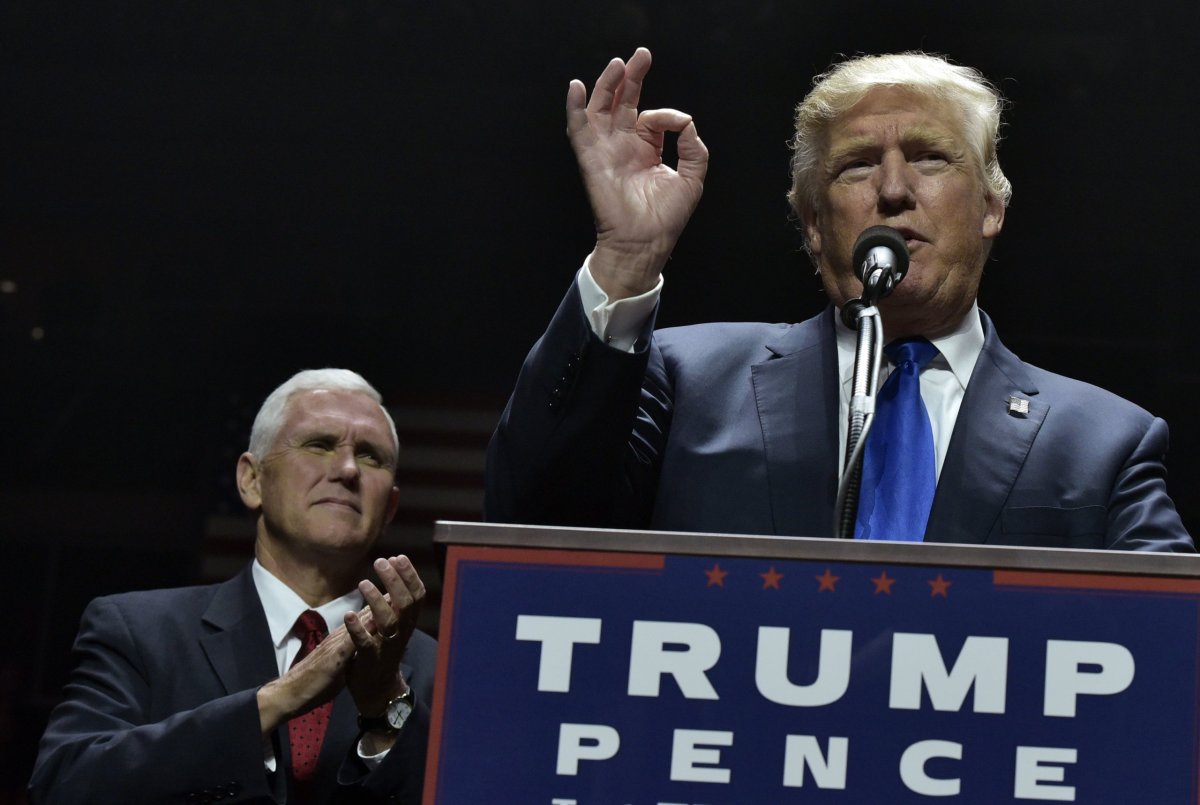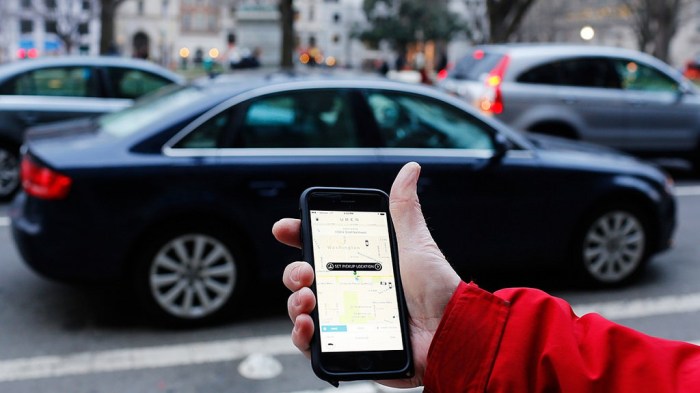The right to choose is in criticaldanger under the presidency of Donald Trump andfiercely anti-abortion Indiana Gov. Mike Pence, say pro-choice advocates in New York.
“We’re staring down the barrel for a possibly very, very difficult time to access an abortion in the United States,” said Tara Sweeney, Communications Director of the National Institute for Reproductive Health (Formerly NARAL Pro-Choice New York). “Donald Trump poses a threat to the rights we’ve counted on for over 40 years now.”
Women in New York are deeply troubled that the new president could undermine decades of work for women’s rights, she said.
“He’s lit that flame now, and results are going to come of it,” Iman K., an executive at an electronic health care company, told Metro.
During his interview on 60 Minutes on Sunday, Trump re-affirmed his intent to appoint anti-abortion Supreme Court justices that could overturn the 1973 U.S. Supreme Court decision of Roe. v. Wade, sending the issue “back to the states,” and making it so that women “perhaps…have to go to another state,” he said. “Nobody should be forced to leave the safety of their communities or states and pay for lodging or travel to get an abortion,” said Christina Chang, vice president of public affairs for Planned Parenthood of New York City. Chang noted that since the election there has been a 30-50 percent surge in appointments made by patients concerned about losing access to contraception—many inquiring about long-term options such as IUDs. What makes a Trump presidency possibly the worst ever forabortion rights is the combination of a Republican-controlled congress and the prospect that Trump could appoint more than one Supreme Court justice. “It makes the actual movement on damaging policies much more of a possibility,” Chang said.
“Sadly I don’t believeTrump is really anti-choice or pro-life, He is just saying what will keep him popular,” suggested Katherine Schrieber, a young writer in New York. “I am extremely concerned for women in states that have already tried to impinge on that right, and using abusive tactics like forcing women to look at ultrasounds. Idon’t think he realizes the scope of the consequences leaving it to the states will have.” “There’s still this assumption that in New York State we are safe,” said Sweeney. “I hope the ascendance of Trump/Pence is a wake-up call that nothing is safe now.”
New York State had passed a law that legalized abortion in 1970, three years before Roe. v Wade. Yet if Roe v. Wade were to be overturned the original law would be insufficient to uphold all of the rights and provisions the state relied on in the Supreme Court ruling. “What they need to do now is take a page from the progressive attitude that broughtin the state law, and that would mean updating our abortion law, a battle advocates have been pushing for years, but it is now more necessary than any time we’ve faced since 1973,” said Sweeney. The state Senate has a Republican majority, which is balanced by the Democrat-dominated state Assembly. If the law got kicked back to the state, a fierce battle over provisions and access would likely ensue, advocates said. “New Yorkers really have to assert their influence over local legislators,” Sweeney said.
In addition to the direct threat against Roe v. Wade, Trump’s pledges to dismantle universal health care, “Obamacare,” could immediately impact women’s reproductive health care access by removing guaranteed coverage of contraceptives, advocates added. They are also concerned that Planned Parenthood, which guarantees full or partial reimbursement for treatment and contraceptives, relies in part on federal funding. An administration with Pence and others hostile to the organization can inflict major damage on its ability to continue many of its services, they said. Columbia Law professor Carol Sanger, who specializes Constitutional reproductive rights, notes that a conservative majority in the U.S. Supreme Court does not guarantee the end of Roe v. Wade. She cites a 1992 decision in Planned Parenthood v. Casey, in which a conservative majority of the court voted to maintain Roe v. Wade because “people in the previous 22 years had come to rely on the rights provided by Roe, and that there was kind of a reliance on it as legal culture,”Sanger told Metro. Sanger mentioned that in the 1970s there were several attempts from anti-abortion activists for a “human rights” amendment which would protect life from the moment of conception. “That would do the work of overturning Roe v. Wade,” without a Supreme Court case, she said. “I wouldn’t be surprised if we see a human rights amendment come back under Trump,” Sanger said.
Trump’s anti-abortion pledge threatens women’s rights, NY activists argue

Mandel Ngan/Getty


















